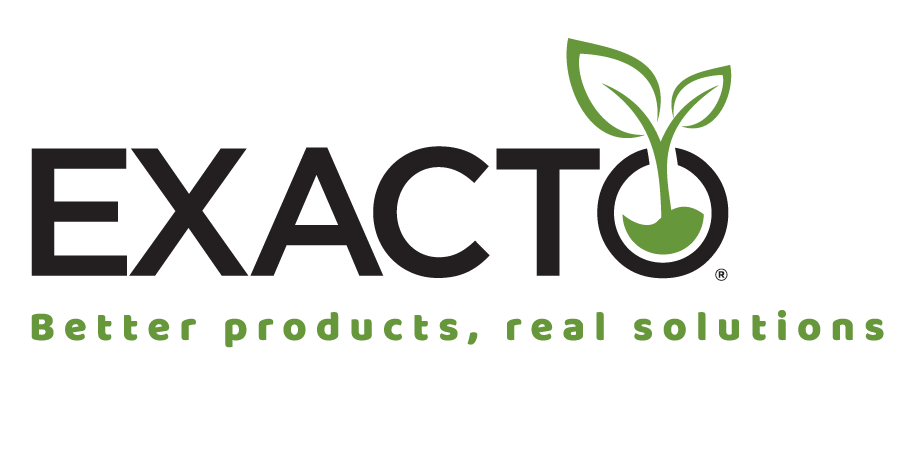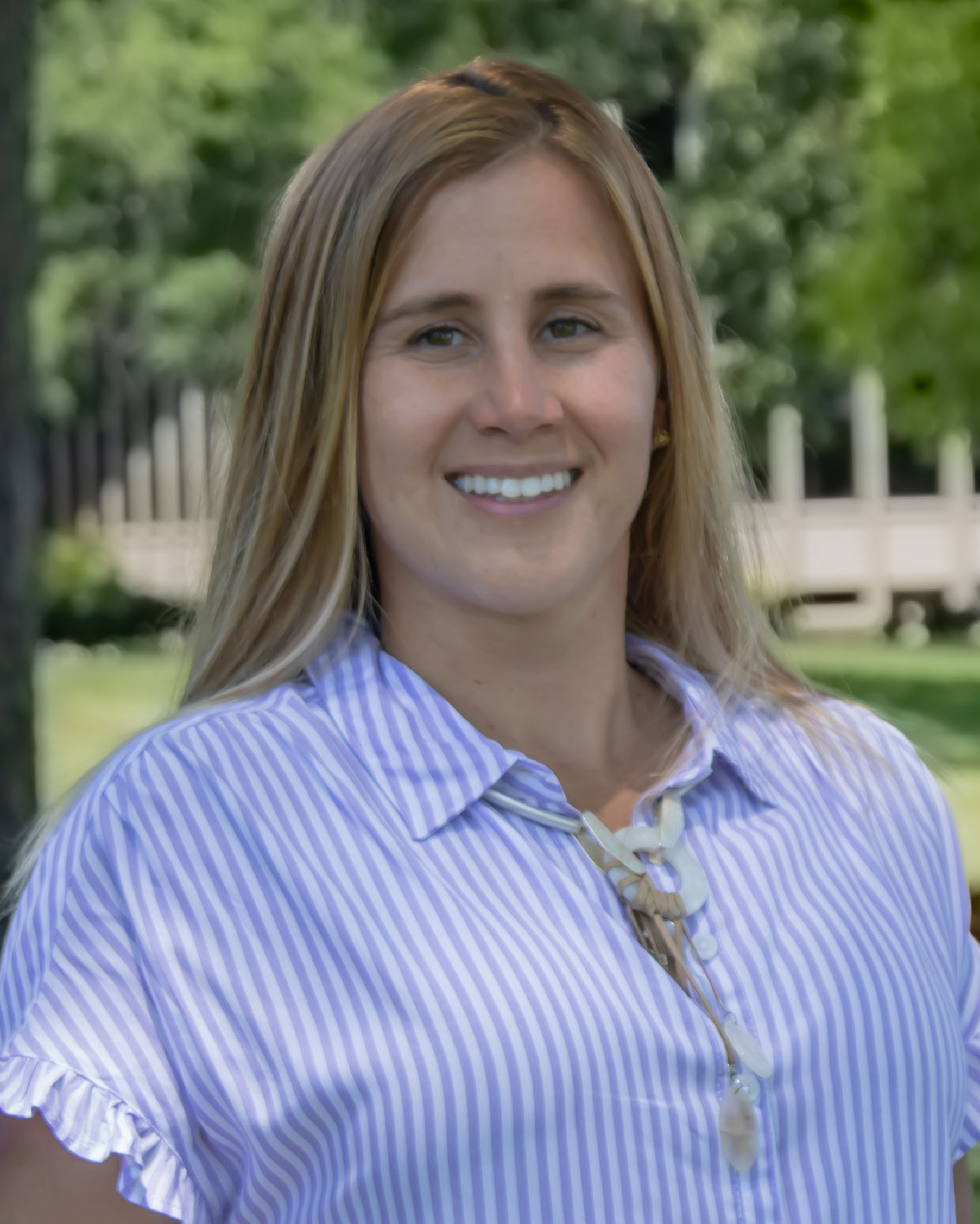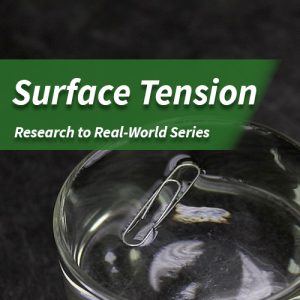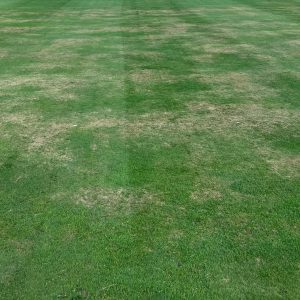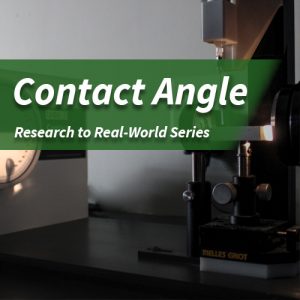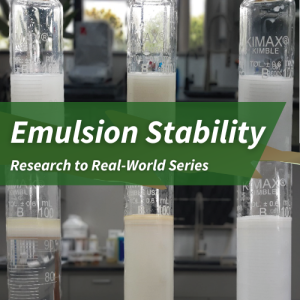
The Role of Emulsion Stability in Optimizing Tank Mixes
Oil and water might not mix alone, but with the right emulsifier, they can be combined into a stable emulsion. The fascinating science behind emulsion stability reveals how adding the right emulsifier to a pesticide tank mix can ensure a uniform and consistent application.
